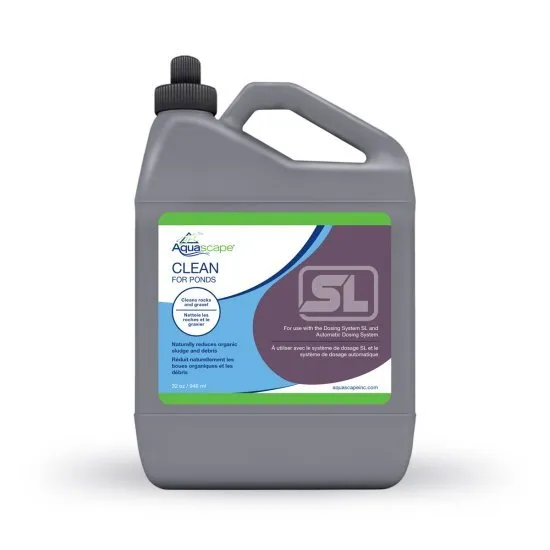A pond or water garden is not just a static feature in your backyard; it’s a dynamic ecosystem that requires regular maintenance to thrive. From managing water quality to controlling algae growth, proper maintenance is essential for keeping your pond or water garden healthy and vibrant. In this comprehensive guide, we’ll explore a variety of maintenance tips and techniques to help you maintain optimal conditions for your aquatic environment. Whether you’re a novice pond owner or a seasoned enthusiast, these tips will empower you to keep your pond or water garden in top condition year-round.
- Regular Water Testing: Water quality is the foundation of a healthy pond or water garden ecosystem. Regular testing allows you to monitor key parameters such as pH, ammonia, nitrite, and nitrate levels, ensuring that they remain within the optimal range for aquatic life. Test kits are readily available at garden centers or online retailers and are easy to use. Aim to test your pond water at least once a week, especially during the warmer months when algae growth and nutrient levels tend to fluctuate.
- Proper Filtration and Aeration: Filtration and aeration are essential components of any pond or water garden system. A good filtration system helps remove debris, excess nutrients, and organic matter from the water, preventing the buildup of harmful substances and promoting water clarity. Choose a filtration system that is appropriately sized for your pond and incorporates both mechanical and biological filtration mechanisms. Additionally, aeration—such as the use of air pumps or fountains—helps oxygenate the water and promote healthy bacterial activity, further improving water quality.
- Regular Cleaning and Maintenance: Routine cleaning and maintenance tasks are necessary to keep your pond or water garden looking its best. Remove debris such as leaves, twigs, and algae from the surface of the water using a skimmer or net. Trim and prune aquatic plants as needed to prevent overcrowding and maintain a balanced ecosystem. Clean out filters and skimmers regularly to prevent clogs and ensure optimal filtration performance. Additionally, periodically check for signs of leaks or damage and address any issues promptly to prevent further problems.
- Algae Control Strategies and Maintenance Tips: Algae outbreaks are a common issue in ponds and water gardens, especially during the warmer months. While some algae growth is normal and even beneficial for the ecosystem, excessive growth can detract from the beauty of your pond and disrupt the balance of the ecosystem. Implement algae control strategies such as shading the pond with aquatic plants or structures, reducing nutrient inputs from overfeeding or runoff, and introducing natural algae-eating organisms such as snails or fish. Chemical treatments should be used as a last resort and only when absolutely necessary, as they can harm beneficial bacteria and other aquatic life.
- Fish Health and Nutrition: If you have fish in your pond or water garden, it’s essential to provide them with proper care and nutrition to keep them healthy and thriving. Feed your fish a balanced diet formulated specifically for pond fish, and avoid overfeeding, which can lead to water quality problems and other health issues. Monitor your fish regularly for signs of distress or illness, such as lethargy, loss of appetite, or abnormal behavior, and take prompt action if any issues arise. Provide adequate shelter and hiding places for your fish to help reduce stress and minimize predation.
- Winter Preparation: Proper winter preparation is crucial for protecting your pond or water garden and its inhabitants from the harsh conditions of the colder months. Before winter sets in, remove any debris from the pond, trim back aquatic plants, and clean out filters and skimmers. Install a pond heater or de-icer to prevent the water from freezing completely, which can trap harmful gases and endanger fish and other aquatic life. Reduce feeding frequency as water temperatures drop, as fish’s metabolic rates decrease in colder temperatures.
- Maintenance Tips for Pest and Wildlife Management: While wildlife can add beauty and vitality to your pond or water garden, certain pests and predators can pose challenges to its health and stability. Keep an eye out for invasive species such as water hyacinth or duckweed, which can quickly overrun a pond if left unchecked. Implement deterrents such as netting or decoys to protect your pond from predators such as herons or raccoons, which may prey on fish or damage plants. Regular monitoring and proactive management can help prevent these issues from becoming serious problems.
Maintaining a healthy pond or water garden requires dedication, patience, and a proactive approach to care and maintenance. By following these maintenance tips and techniques, you can create an environment that supports a thriving ecosystem and enhances the beauty and vitality of your outdoor space. Whether you’re a novice pond owner or a seasoned enthusiast, the key is to stay vigilant, address issues promptly, and enjoy the rewards of a well-maintained pond or water garden for years to come.

